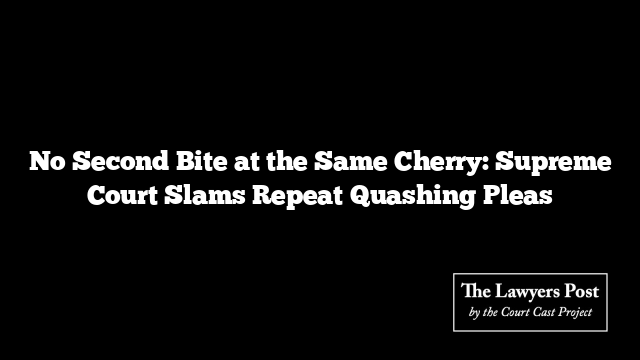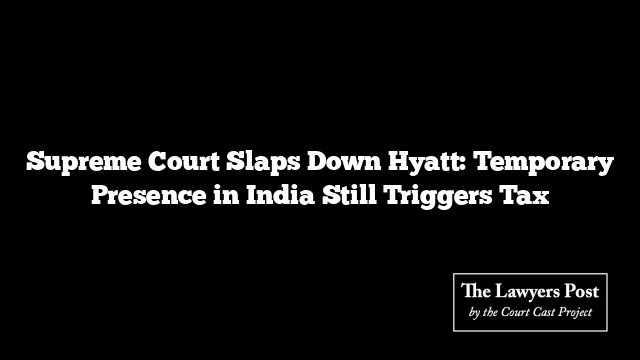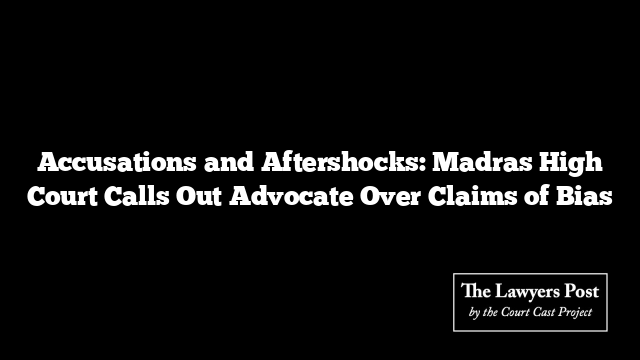In a sharply reasoned verdict, the Supreme Court has made it unequivocally clear—once you’ve knocked on the court’s door with a quashing plea under Section 482 of the CrPC, you don’t get a do-over just because you held back an argument the first time around.
Ruling on a curious case that saw a second petition succeed where the first had failed, the bench of Justices Vikram Nath and Sandeep Mehta laid down a hard line: the principle of constructive res judicata applies. If you had a ground available during your first shot and didn’t raise it, tough luck—you can’t circle back with the same plea dressed in different clothes.
The controversy arose from two petitions filed before the Madras High Court. The first was dismissed in December 2021. But less than a year later, in September 2022, the accused returned with a second, eerily similar quashing plea—this time successfully. That prompted the complainant to take the matter to the Supreme Court.
In its ruling, the top court dismantled the High Court’s logic. The second petition, the justices observed, offered no fresh circumstance or new legal twist. The primary argument—that a similar complaint involving the same accused had already been quashed back in March 2020—wasn’t new. It was entirely available to the accused when the first petition was filed but conveniently left unsaid.
The apex court made its stance crystal clear: “The accused-respondents were not at liberty to invoke the inherent jurisdiction of the High Court raising the aforesaid ground/plea at a later point of time by filing the second quashing petition.”
Even more damning was the court’s conclusion that the High Court had, in essence, reviewed its own earlier dismissal—something explicitly barred under Section 362 of the CrPC, which prohibits review of final orders barring clerical errors.
“This was not a correction—it was a full-blown review disguised as a second look. There was no change in circumstances, no fresh plea, nothing new under the sun,” the judgment, authored by Justice Mehta, underscored.
To drive the nail further, the Court invoked Bhisham Lal Verma v. State of UP, reinforcing that Section 482 CrPC cannot be repurposed to re-litigate what should have been argued the first time around.
The takeaway: in criminal proceedings, strategy may be everything—but omission is fatal. Litigants can’t stagger their arguments across multiple rounds and expect the courts to play along.





